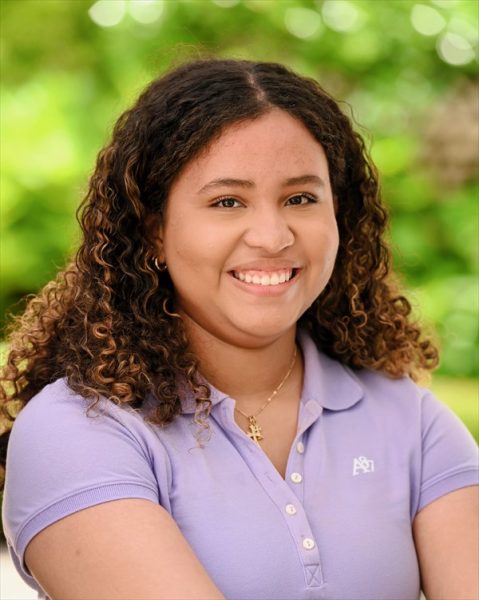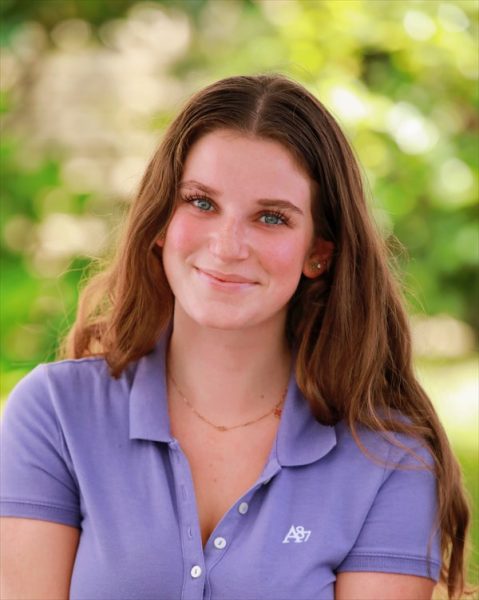Civil Rights figure shares personal story with students
March 24, 2015
Editor’s Note: As a staff, we chose to not run an expletive used in Ruby Bridges quote due to the demeaning and racist nature of the word. However, we chose to include the first letter of the word because it shows the overt racism Bridges experienced.
Ruby Bridges shared her experiences as a black child in the South with freshmen and sophomore students, a story so famous that even Disney created a movie about it.
Six year old Bridges was the first black student to be integrated into an all white school in 1960 New Orleans.
“When I was growing up, I thought that the civil rights movement was about a time in our country when all one race was against the other. Black against white, white against black.” Bridges said.
Black families in New Orleans were given the opportunity for their kids to be students in the first integrated schools by the NAACP. While most families declined the offer, 135 accepted, according to Bridges.
“The opposition at that point said ‘Those 135 kids need to be tested. Once they’re tested, if they’re smart enough, then we’ll let them in school,'” Bridges said. “Six kids out of that 135 passed. All six were girls.”
The six students who passed the test were split into two groups of three and sent to schools in the two most racist parts of the city, according to Bridges.
“A couple of days before it was time to go [to school] my parents received a phone call and someone on the other end of the phone said ‘Mrs. Bridges, two kids have dropped out. They were assigned to go to school with Ruby,'” Bridges said.
Bridges was the only student attending school on the first day. Some white families boycotted the integration by removing their kids from school.
“I’d like to think that the reason why your first day was different is because of my first day,” Bridges said, referring to school.
Bridges later had the chance to interact with a few white students whose families supported the integration and tried to send their kids to school with her.
“When I sat down to play with this little boy he looked at me. He said, ‘I can’t play with you. My mom said not to play with you because you’re a n—–,'” Bridges said. “It felt like this huge weight lifted off my shoulders because he finally made it make sense. It’s about me and the color of my skin.”
Today Bridges travels across the country to deliver her story to students and tell the message of her experience. Bridges’ story introduced a new perspective to the experiences of black people living in the South, according to freshman Jocelyn Shilakes who attended the presentation.
“She definitely helped me have a greater understanding of what went on during that time period and broadened my perspective of segregation beyond Martin Luther King and beyond what we learn in school,” Shilakes said.
Bridges declined an interview and photo opportunity. These quotes were taken from her presentation to the freshmen and sophomore students.









